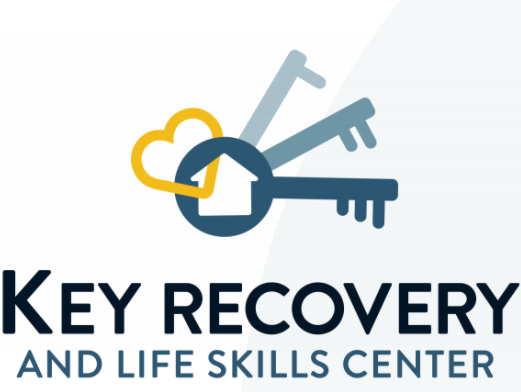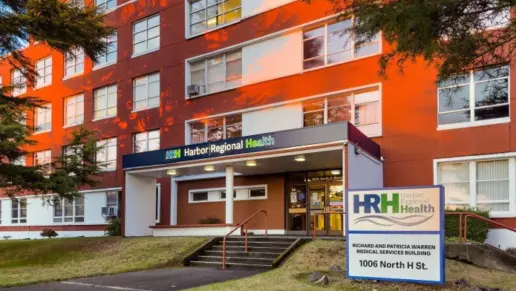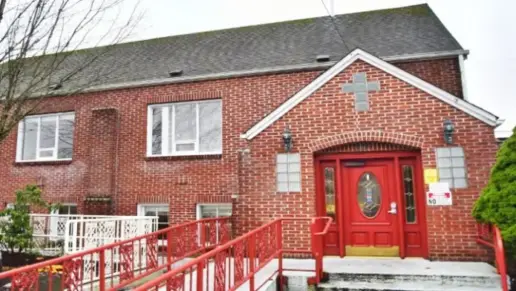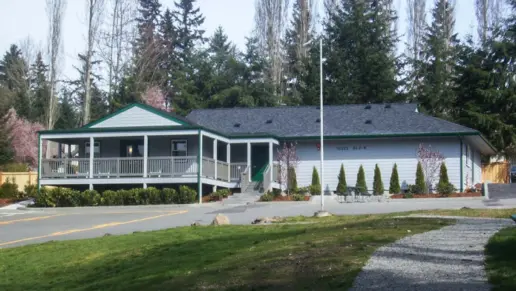i have placed myself into Key Recovery last year and i had a great overall experience with Key Recovery!! I would highly recommended this recovery center for people that really want to change there life's for the better and get away from old habits. The facility was clean an ...
About Key Recovery & Life Skills Center
Key Recovery and Life Skills Center is an alcohol and drug rehab center for adults in Seattle, Washington. They provide inpatient and outpatient treatments, including a long term residential program and transitional housing. Here, you’ll also find life skills training, family counseling and aftercare services to complete your continuum of care. They accept private insurance and Medicaid.
Something I like about their program is they also offer work skills training to help prepare you for employment. They know that holding a stable job can make it easier for you to maintain your recovery. They partner with a local recycling center to help you find jobs in a variety of settings, from food handling to maintenance. You can even participate in forklift operations and pursue your commercial driver’s license if that’s something that interests you.
If you need a safe place to live before you transition back into your home and community, you can enroll in their recovery housing. This is a sober residence that allows you to work on your recovery without any distractions. While you live on site, you’ll also attend life and work skills training and get help with your schoolwork and job applications. Most people stay in the long term residential program for around four to six months before transferring to the Recovery House for three to five months.
One past client said they enjoyed their time at this facility so much that they forgot they were in treatment. Another said that the counselors are kind and really want to help.
Latest Reviews
Rehab Score
Gallery

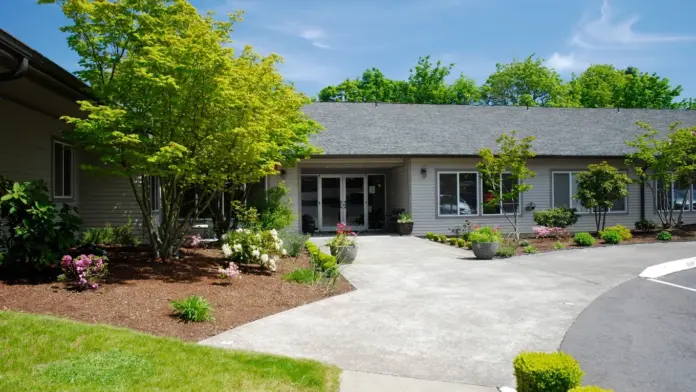
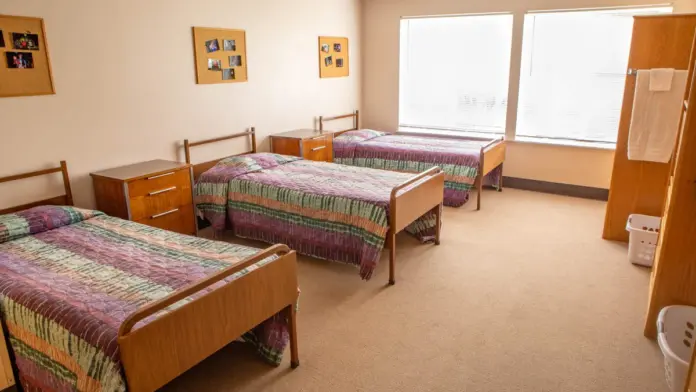
Location
Other Forms of Payment
Self-pay involves paying for treatment out of your own pocket. You can use savings or credit, get a personal loan, or receive help from family and friends to fund your treatment. If you don't have insurance or your insurance plan doesn't cover a specific program, self-pay can help ensure you still get the care you need.
Medicaid is a state based program that helps lower-income individuals and families pay for healthcare. Medicaid covers addiction treatment so those enrolled can use their coverage to pay for rehab. When a program accepts Medicaid the client often pays very little or nothing out of their own pocket.
Addiction Treatments
Levels of Care
Treatments
A combined mental health and substance abuse rehab has the staff and resources available to handle individuals with both mental health and substance abuse issues. It can be challenging to determine where a specific symptom stems from (a mental health issue or an issue related to substance abuse), so mental health and substance abuse professionals are helpful in detangling symptoms and keeping treatment on track.
Programs


Clinical Services
Group therapy is any therapeutic work that happens in a group (not one-on-one). There are a number of different group therapy modalities, including support groups, experiential therapy, psycho-education, and more. Group therapy involves treatment as well as processing interaction between group members.
Individual therapy sessions for drug and alcohol addiction treatment emphasize the importance of personalized care. Your therapist works with you to understand your unique life experiences and develop effective coping mechanisms to address your underlying issues. This comprehensive approach to recovery is the foundation of drug rehab.
Research clearly demonstrates that recovery is far more successful and sustainable when loved ones like family members participate in rehab and substance abuse treatment. Genetic factors may be at play when it comes to drug and alcohol addiction, as well as mental health issues. Family dynamics often play a critical role in addiction triggers, and if properly educated, family members can be a strong source of support when it comes to rehabilitation.
Life skills trainings involve all the skills a person must have in order to function successfully in the world. These include time management, career guidance, money management, and effective communication. Truly successful addiction recovery is based on the ability to not only live substance-free, but to thrive. Life skills teaches the practical necessities of functioning in society, which sets clients up for success in life, and therefore sobriety.
Amenities
-
Residential Setting
-
Private Rooms
Staff & Accreditations
Staff
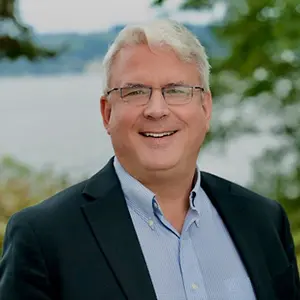
CEO
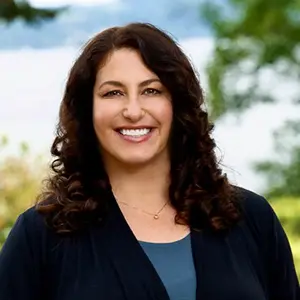
Clinical Director
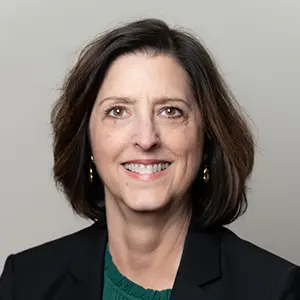
Human Resources Manager
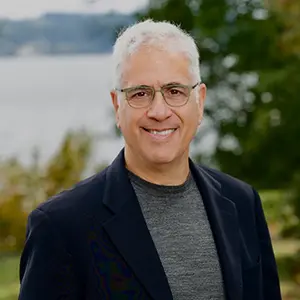
President
Accreditations

The Substance Abuse and Mental Health Services Administration (SAMHSA) is a branch of the U.S. Department of Health and Human Services. Established in 1992 by congress, SAMHSA's mission is to reduce the impact of substance abuse and mental illness on American's communities.
SAMHSA Listed: Yes
Contact Information
10344 14th Ave S
Boulevard Park, WA 98168
